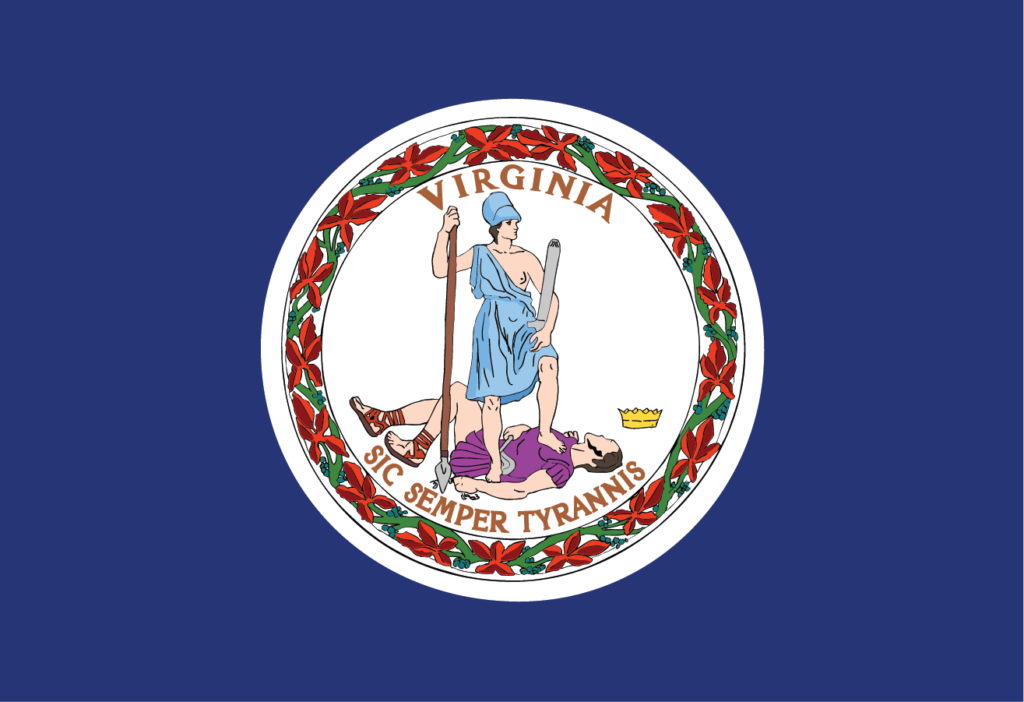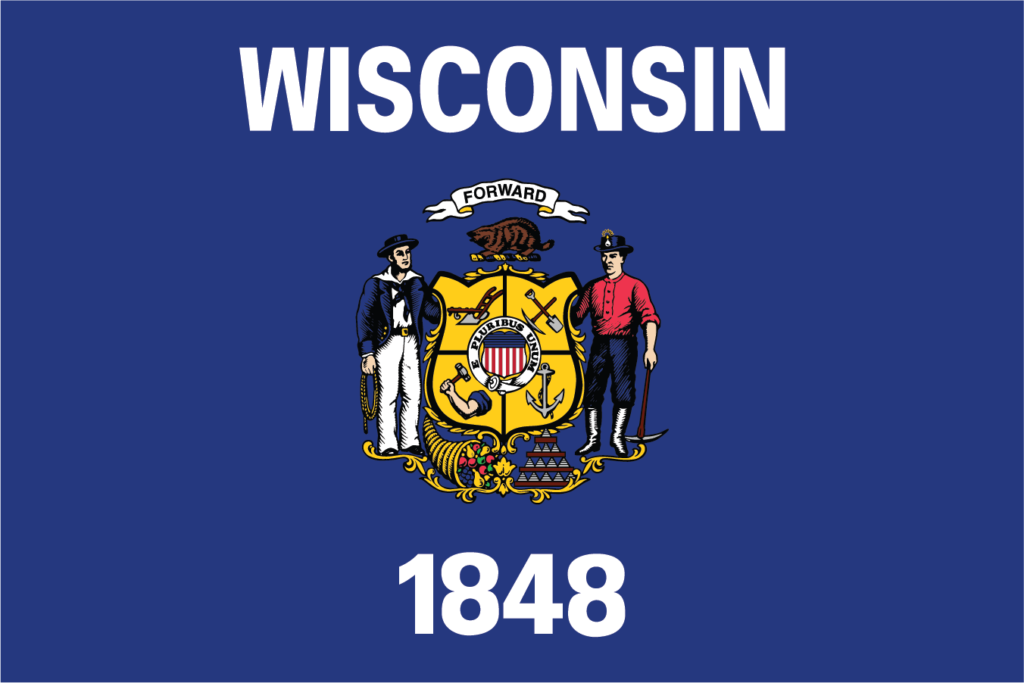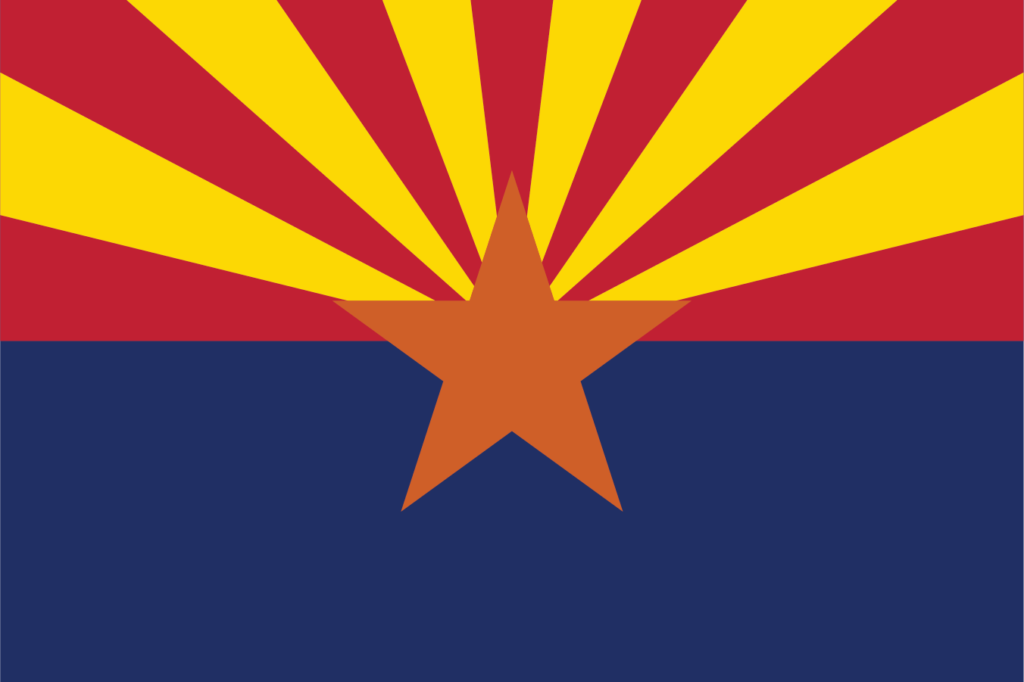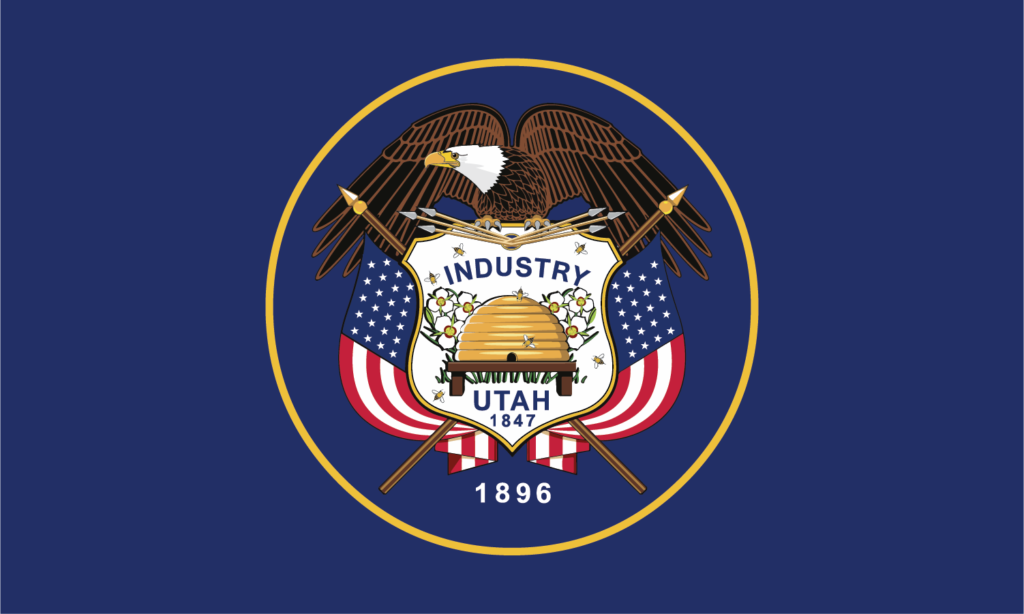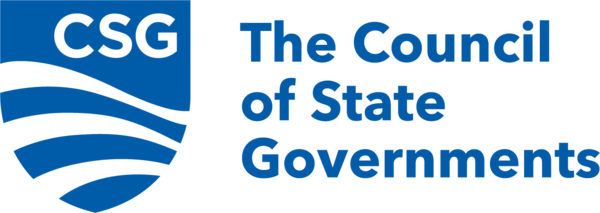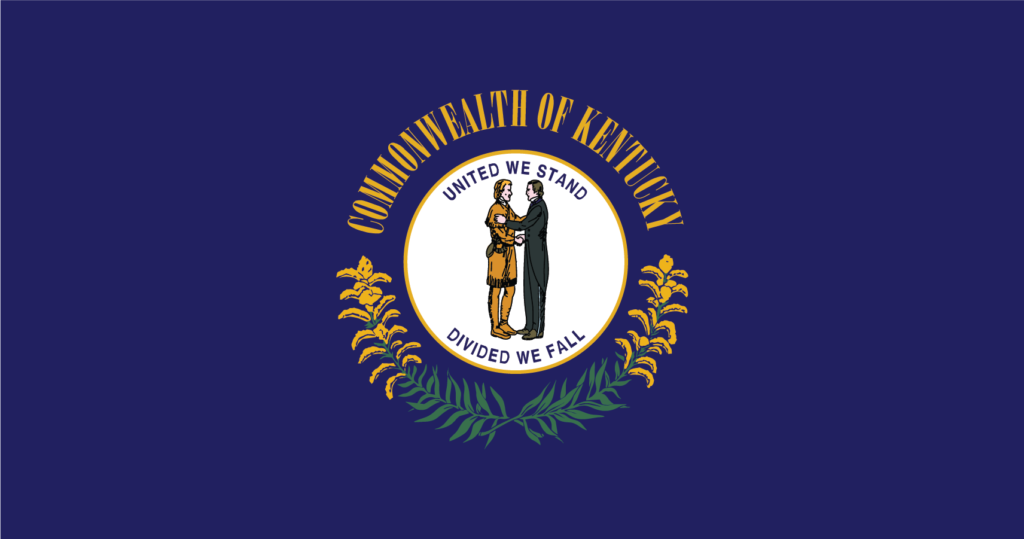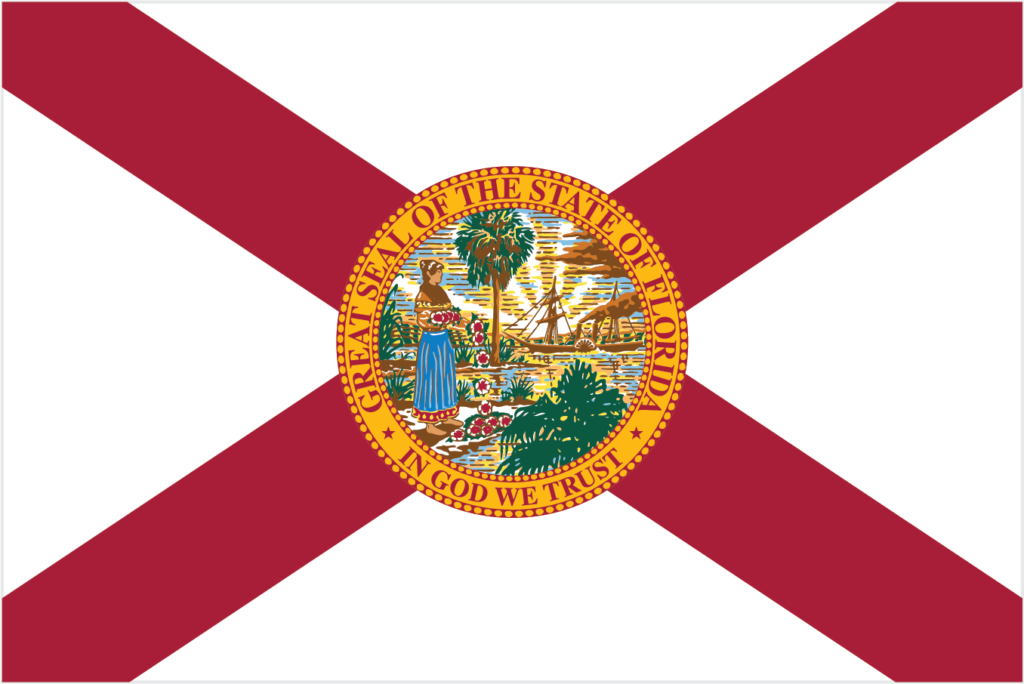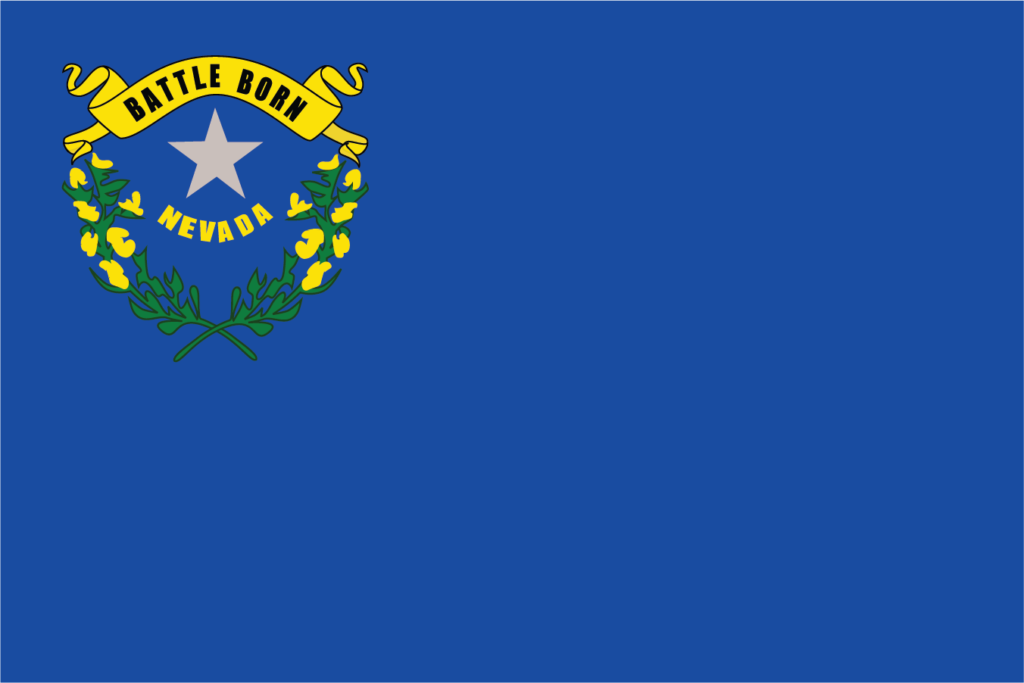
Nevada hosted its 2019 Occupational Licensing Policy and Practice Learning Consortium In-State meeting on Sept. 6 in Las Vegas. The state’s Occupational Licensing Consortium Core Team of legislators, executive branch employees and regulatory board members convened to review this year’s progress and plan for future success. The Nevada officials were joined by representatives from The Council of State Governments, the National Conference of State Legislatures and the National Governor’s association to provide technical assistance and facilitation.
Continue reading “Nevada Reviews Legislative Success and Licensing Reform at In-State Consortium Meeting”

